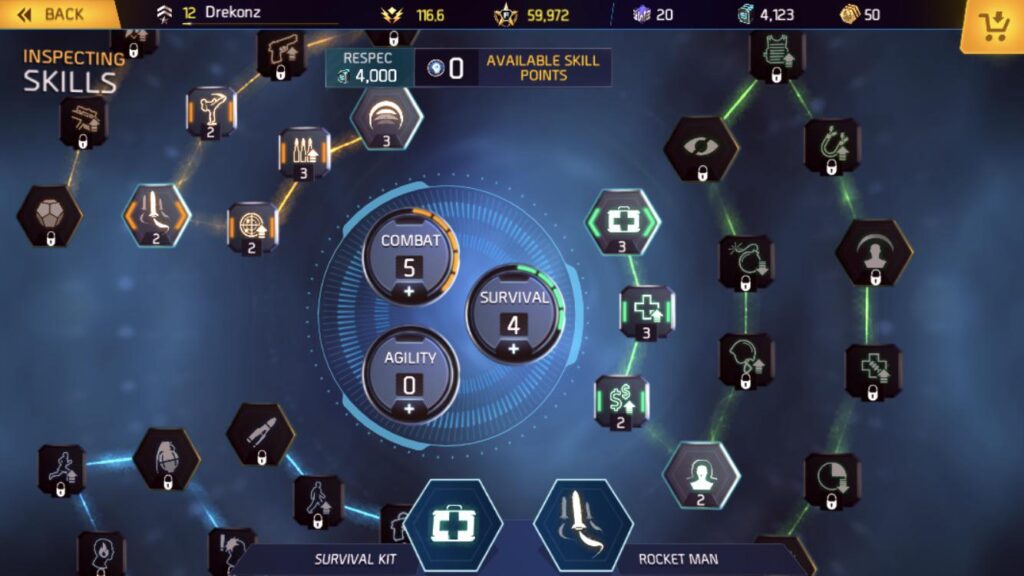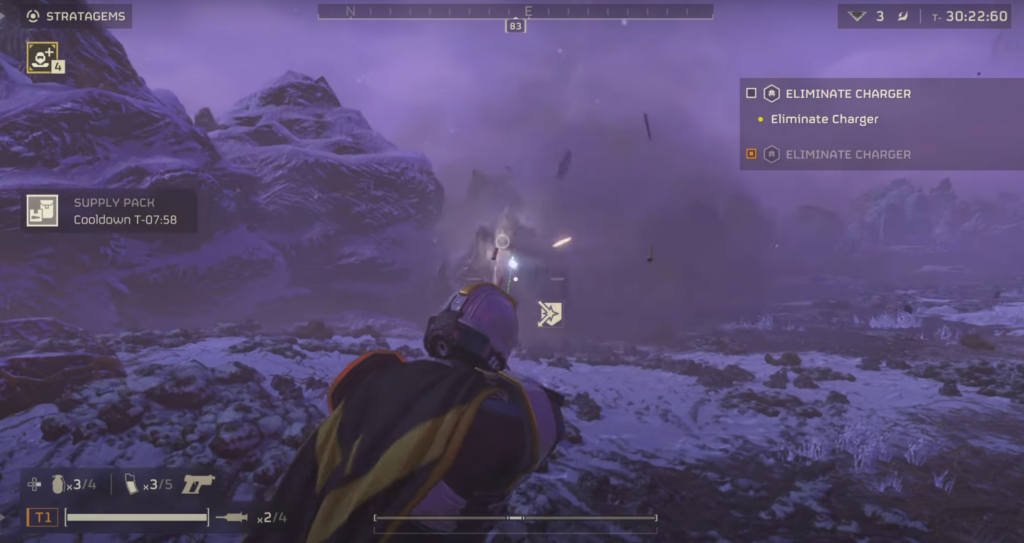The skill tree is integral to many gaming experiences including Helldivers 2, serving as blueprints for character advancement.
Players invest points or resources in skills, shaping their character’s capabilities within these branching structures.
However, as gamers progress, new tiers or branches unlock, offering more potent abilities and upgrades for their characters.
Additionally, skill trees foster a sense of progression and customization, allowing players to tailor characters to their playstyles.
Continue reading more about Helldivers 2 skill tree.
Table of Contents Show
What Is Skill Tree In Gaming?
In gaming, a skill tree serves as a roadmap for character development, showcasing abilities and upgrades in a branching structure.
Players allocate points or resources to acquire skills within the tree, shaping their character’s capabilities.
These trees often feature multiple branches, with each branch representing a different aspect of the character’s abilities or attributes.
As players progress through the game, they unlock new tiers or branches of the skill tree, offering more advanced and powerful abilities.

Skill trees provide players with a sense of progression and customization, allowing them to tailor their characters to suit their playstyle.
Some skill trees offer linear progression, while others offer branching paths, providing players with choices and strategic decisions.
Players must often decide which skills to prioritize, as investing in one skill may lock them out of others.
Skill trees are common in role-playing games (RPGs), where character development and customization are central to gameplay.
Overall, skill trees add depth and complexity to gaming experiences, giving players a sense of ownership over their characters’ growth.
How To Develop A Skill In Helldivers 2?
While Helldivers 2 doesn’t have a traditional skill tree, honing your skills still comes down to practice, knowledge, and teamwork.
Additionally, developing skills in Helldivers 2 requires a combination of practice, knowledge, and teamwork.
Here’s a step-by-step guide on how to do it:
1. Understand The Basics
Familiarize yourself with game mechanics, controls, and objectives to enhance your understanding of the game’s fundamental elements.
Start with tutorial missions to grasp fundamental concepts of movement, combat, and mission objectives for smoother gameplay.
2. Practice Solo Play
Focus on mastering mechanics, understanding enemy behavior, and exploring game dynamics independently.
This allows you to concentrate on mastering mechanics, understanding enemy behavior, and exploring game dynamics.

3. Experiment With Loadouts
Firstly, try different combinations of weapons, stratagems, and perks to find a playstyle that suits you.
Experimentation with various load-outs will help you understand their strengths, weaknesses, and situational effectiveness.
4. Progress Gradually
Start with easier missions and gradually increase the difficulty as you become more confident in your abilities.
Moreover, Pushing your limits incrementally allows for steady skill development and prevents overwhelming challenges.
5. Learn Enemy Behavior
Study the behaviors, strengths, and weaknesses of different enemy types.
Moreover, Understanding enemy patterns and vulnerabilities is crucial for efficient combat and strategic decision-making.
6. Master Team Dynamics
Participate in cooperative missions to develop teamwork skills.
Communication, coordination, and cooperation with teammates are essential for success in Helldivers 2.
Learn to adapt your playstyle to complement your team’s strengths and cover each other’s weaknesses.
7. Communicate Effectively
Utilize voice chat or in-game communication tools to coordinate with your team.
Effective communication helps coordinate attacks, call for assistance, and avoid friendly fire incidents.
8. Analyze And Learn From Mistakes
Reflect on your gameplay experiences and analyze mistakes to identify areas for improvement.
Moreover, learning from failures is key to refining your skills and developing better strategies for future missions.


